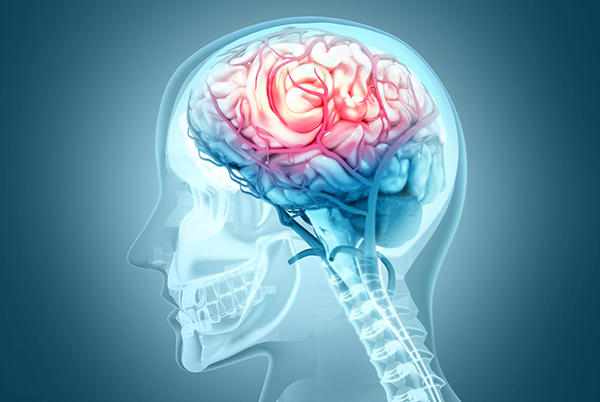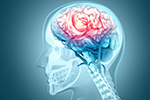
With Brain Injury Awareness Month upon us, let’s take a closer look at the most common traumatic brain injury...a concussion.
What exactly is a concussion?
A concussion is a type of mild traumatic brain injury that can affect brain function. Concussions are caused by a bump, blow, or jolt to the head that causes the brain to move rapidly back and forth. The skull is in place to protect the brain from trauma, but it is not always able to absorb the entire impact. When the brain has contact with the inside of the skull, there is a possibility of brain bruising and/or tearing of blood vessels and nerve fibers. Concussions tend to be caused most often from some type of fall, but they are also extremely prevalent among athletes who play contact sports, such as football, basketball, or soccer.
Potential Concussion Symptoms:
- Headache Increasing in Intensity
- Difficulty Concentrating
- Slurred Speech
- Weakness or Numbness
- Dizziness or Clumsiness
- Mood Disturbance or Restlessness
- Repeated Nausea or Vomiting
- Fatigue or Drowsiness
- Blurry Vision or Dilated Pupils
- Memory Loss
- Acting Disoriented
- Seizures or Convulsions
- Loss of Consciousness
Diagnostic Tests for Head Injuries
A thorough medical examination is necessary to accurately assess the seriousness of a concussion. Diagnostic imaging can provide the care team with crucial information regarding the severity of the damage as well as help to determine the potential for further complications. A CT Scan remains the preferred imaging tool for a concussion, especially when time is of the essence. A CT Scan uses a series of X-rays in order to quickly and efficiently detect potential brain bleeds, tissue damage, and skull fractures.
While a CT Scan is the diagnostic imaging test of choice, there are times when a concussed patient may benefit from both a CT Scan and an MRI. An MRI uses strong magnetic waves to produce a detailed picture of the brain. It can detect the ‘hard to see’ damage, such as brain bruising or brain scarring. An MRI is most often only needed if and when a patient's concussion symptoms remain an issue longer than previously expected.
Managing Concussions
While there is no specific cure for a concussion, most symptoms will resolve themselves within one to two weeks. It is critical to allow the brain sufficient time to heal. By resting and restricting activity, especially activity that demands high levels of concentration the brain can better repair itself. However, recovery time will still depend largely on the severity of the concussion. Healthcare providers recommend that a concussed patient should not return to any sport or physical activity until they are completely symptom free.
Houston MRI & Diagnostic Imaging offers high quality, affordable diagnostic imaging services for brain injuries and much more. Contact us to learn more.
Our mission at Houston MRI ® & Diagnostic Imaging is to provide patients and physicians affordable medical diagnostic imaging in a warm and patient-friendly environment. It is our goal to make the medical imaging procedure as pleasant as possible. Our promise to our communities is "hospital quality imaging without the hospital costs" with efficient service to both our patients and physicians.



